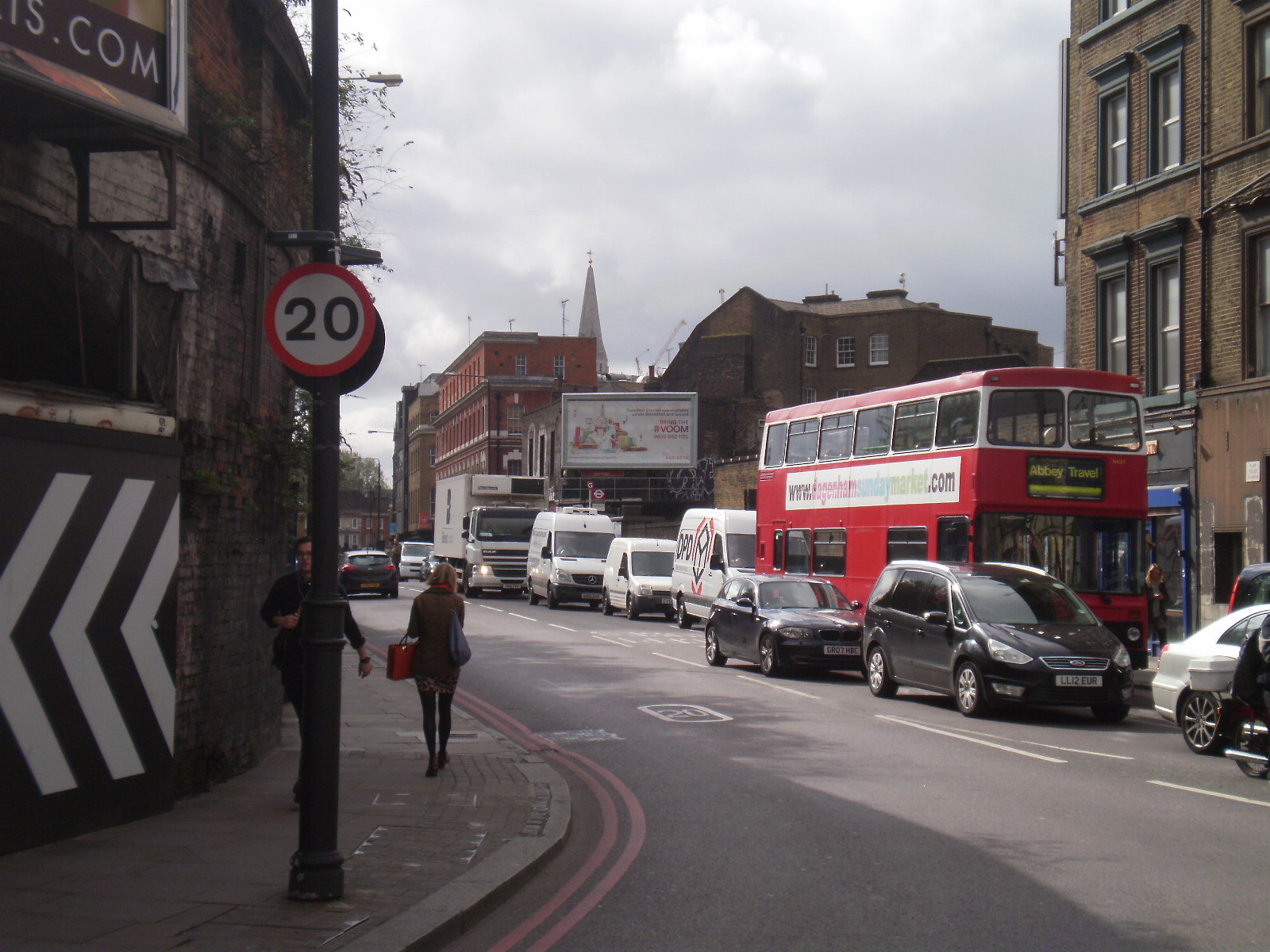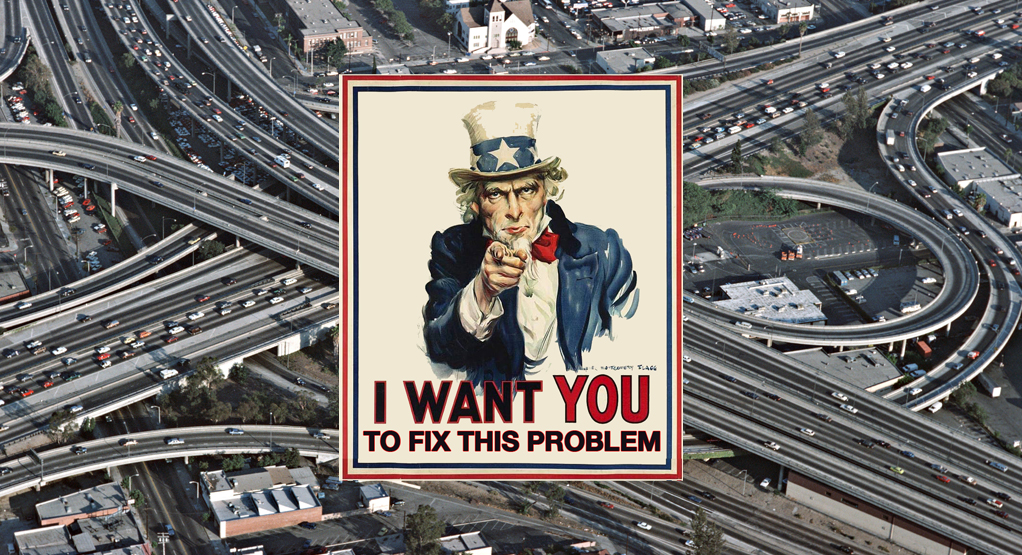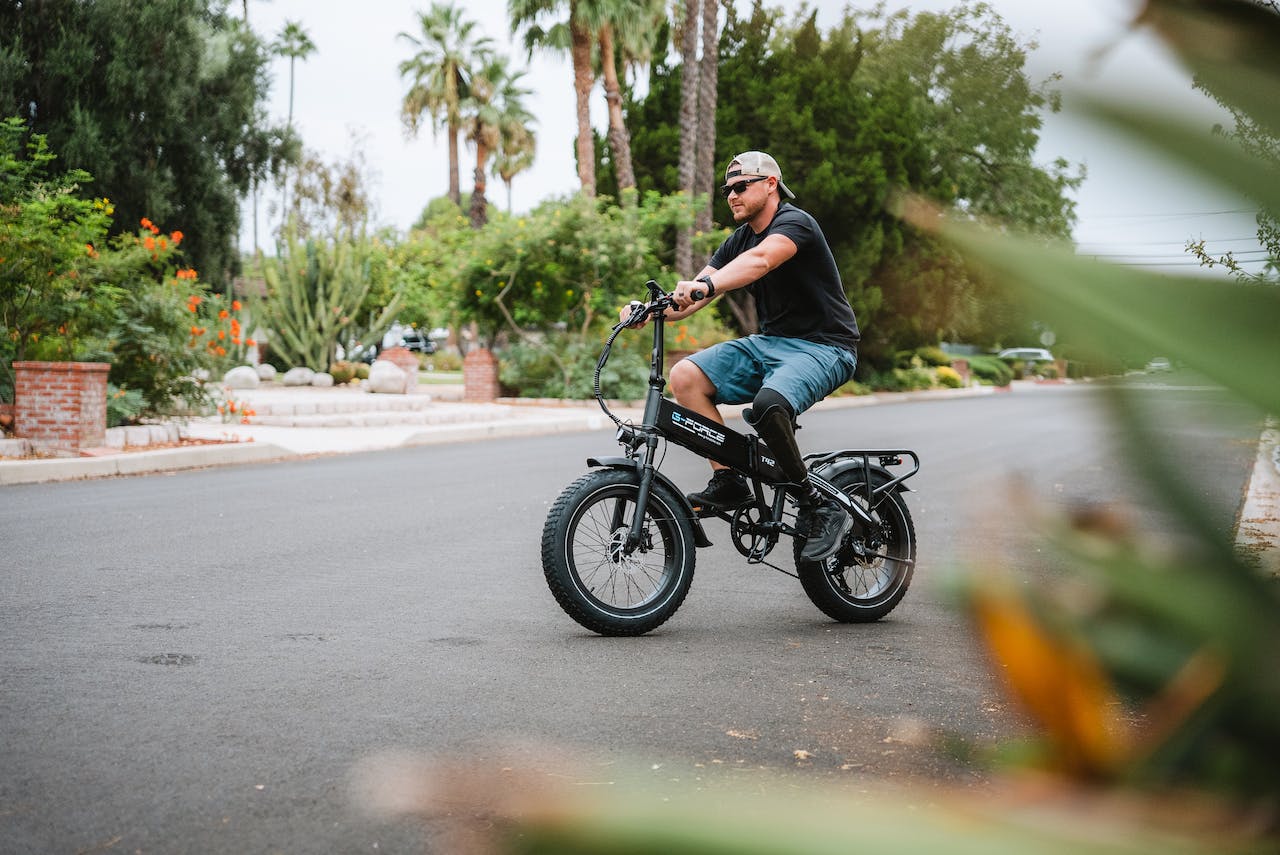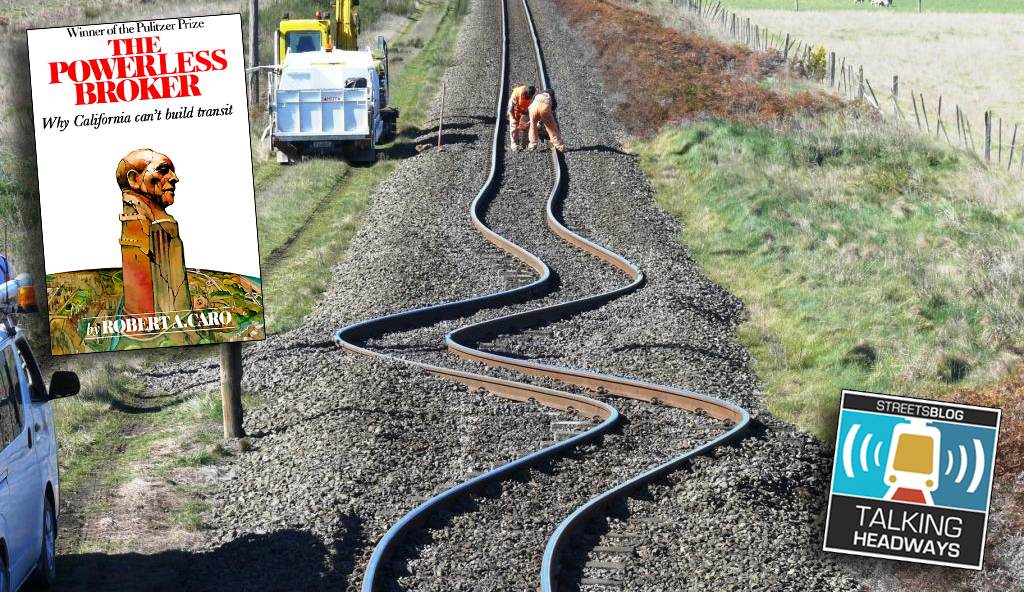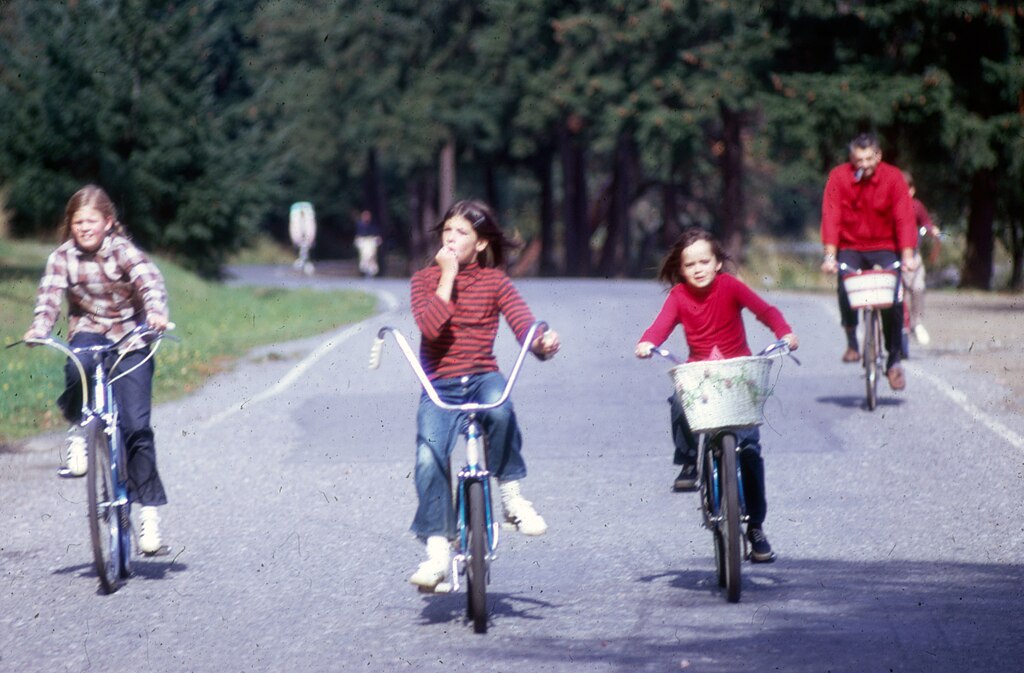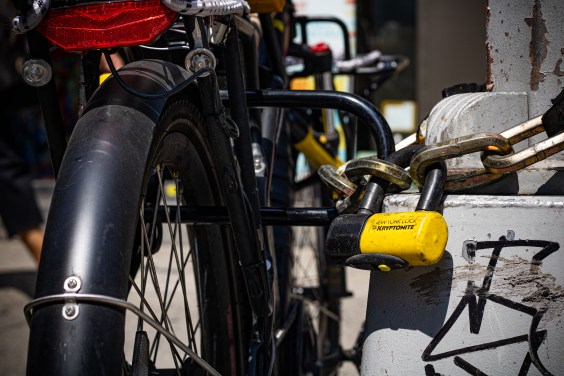The "20's Plenty" movement may be on the verge of a new milestone in Scotland.
Throughout the UK, the nonprofit 20's Plenty has built support for default 20 mph speed limits in cities and towns. The message is simple: Children should have more freedom to walk and bike, and everyone should be able to enjoy their neighborhood without fear of speeding traffic. The first 20's Plenty campaign launched in the English town of Warrington in 2004, and there are now active chapters in more than 400 municipalities in the UK.
With all this action at the local level, 20's Plenty set out to achieve a national 20 mph speed limit in urban areas. In Scotland, it could happen ahead of schedule. Sandy James at Price Tags reports that there's momentum in the Scottish parliament for a bill to set the default speed limit at 20 mph "in any village, town or city":
The Member’s Bill going to Scottish parliament has bi-partisan support (across four different parties). Edinburgh, which has already implemented the 20 miles per hour speed in many areas of the city, has seen cyclist and pedestrian injury rates from vehicular crashes decrease by 25 per cent.
From a research study on driving speeds and road crashes entitled Speed and Crash Risk, the OECD’s International Traffic Safety Data and Analysis Group expresses support for the growing list of cities that have defaulted to 20 mile per hour speed limits, as every reduction in speed of one mile per hour reduces the accident rate by four to six per cent. (For the record, the World Health Organization is also on-board.)
In the United States, a few cities have recently lowered their default speed limits, but only Portland has gone so far as to set the default at 20 mph on all residential streets.
More recommended reading today: The Natural Resources Defense Council reports that Trump's pick to head the NHTSA is -- surprise! -- an opponent of fuel efficiency standards. And Bike Portland has an update on a recent bike-share promotion that's widely viewed as a trial run for the introduction of dockless bike-share services.
